Economic Mobility Projects
Poverty is complex. There’s no silver bullet to help a family move from poverty to self-sufficiency.
Research has already taught us much—from failed job programs to failed national policies that don’t do anything more than help people survive in poverty. We want to answer new research questions about what does work to help people achieve self-sufficiency, and build evidence that encourages proven solutions for people experiencing both situational and generational poverty.
The federal government at all levels is spending roughly $1.8 trillion per year to fight poverty. Such programs may include, the Supplemental Nutrition Assistance Program (SNAP), Temporary Assistance for Needy Families (TANF), Medicaid, Housing Choice Vouchers, Supplemental Security Income, and Disability Insurance.
These programs have two defining characteristics: they tend to treat the symptoms of poverty rather than the root causes, and they tend to focus on only one issue, to the exclusion of anything else a family may be dealing with. These programs help families cope with only their most obvious and immediate needs—no money for food, rent, or medical care--rather than address the underlying reasons that families face these challenges in the first place, like a lack of work experience and skills, or complicated physical, social, or emotional barriers to self-sufficiency.
What this means in real life is that no one program can lift a family out of poverty, because not everyone’s poverty stems from the same root causes. For example, a subsidized housing program won’t address the deeper need of employment training so a person can earn a steady income that will allow them to cover their own housing expenses. Many people experience poverty as a result of multiple factors; attacking a single cause has limited success. It also requires families to cobble together a wide array of isolated and uncoordinated programs to change their economic footing.
One key to self-sufficiency is improved employment and earnings outcomes. But telling people in poverty to just get a job is not enough. We need to better understand how to help people prepare for and secure jobs that are stable, meaningful, lead to a career path, and pay enough to support a family. LEO research aims to illuminate what works.
We know that self-sufficiency is a critical element to solving poverty, but many questions remain. What interventions work best to improve employment and earnings outcomes for people in poverty? What factors ensure a family moves out of poverty and stays out? How can we best impact a family’s income and asset poverty? How do we encourage families looking for quick basic needs assistance to enroll in the longer-term and more intense services that will lead to a true journey out of poverty? How do we think about sequence and length of service, and various population groups and how they need services delivered?
We are working with partners across the United States to find answers to these questions and shed more light on how to reduce poverty through evidence-based programs and policies. Learn with us.
Projects
-

Bridges to Success
Action for a Better Community; Catholic Family Center of Rochester; Mayor’s Office of the City of Rochester | New York
-

Burial Assistance
Catholic Charities Chicago | Illinois
-

Career Training and Job Matching
Goodwill of North Georgia | Georgia
-

Conrad Career Associates
Catholic Charities Los Angeles | California
-
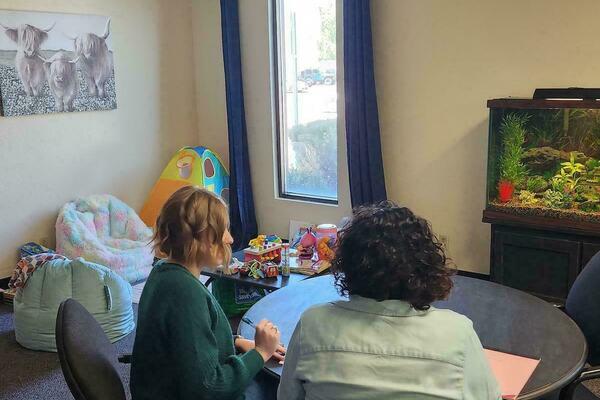
Elevating Families
Catholic Charities Northern Nevada | Nevada
-

Financial Stability and Career Services
Catholic Charities Dallas | Texas
-

Goodwill Excel Center - Central & Southern Indiana
Goodwill of Central and Southern Indiana | Indiana
-

Guaranteed Basic Income — City of Rochester
City of Rochester, Black Community Focus Fund | New York
-
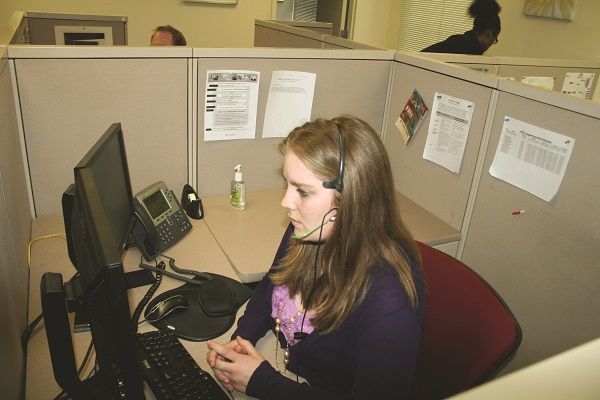
Homelessness Prevention Call Center
Catholic Charities Chicago | Illinois
-

National Maternity Housing Coalition
National Maternity Housing Coalition |
-
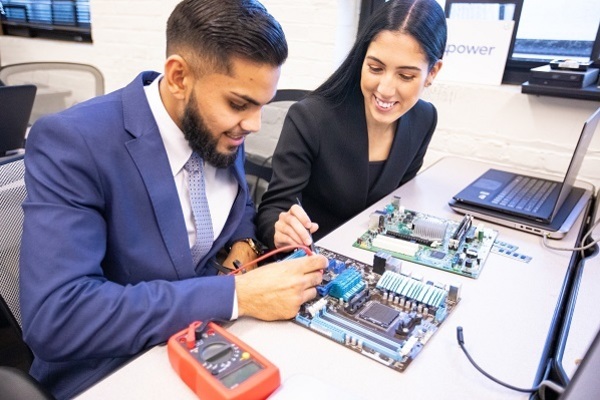
NPower
NPower | New York
-
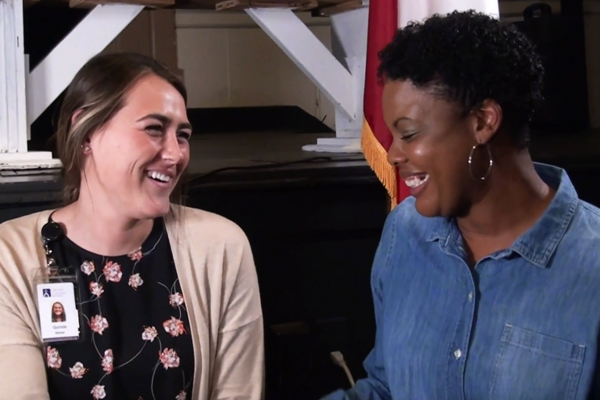
Padua™
Catholic Charities Fort Worth | Texas
-

ReHire Colorado
Colorado Department of Human Services | Colorado
-

STEP Fund
1P.org Foundation |
-

The Academy - Corner to Corner
Corner to Corner | Tennessee
-

Transit Subsidy Income-Based Fares
King County Metro | Washington
-
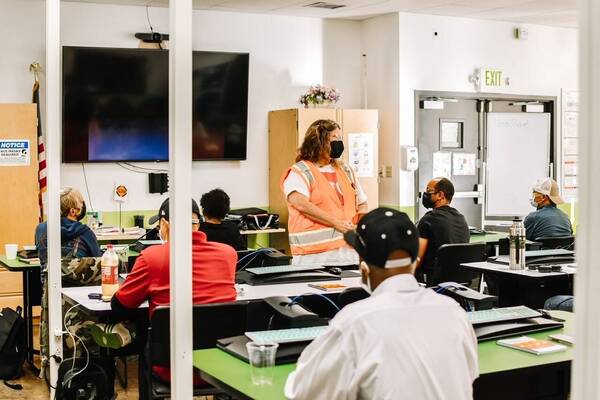
Transportation Access Programs
Seattle Department of Transportation |
-
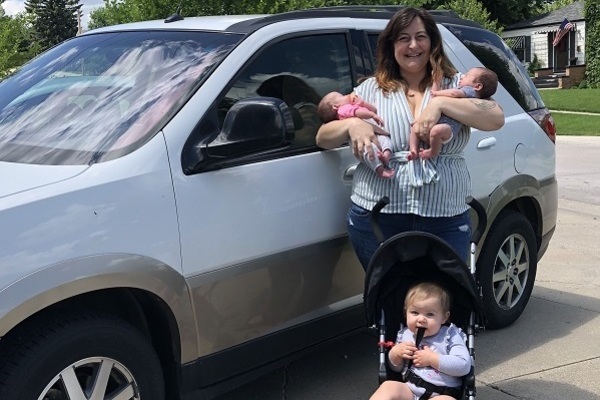
Uplifting Parents
Catholic Social Services Rapid City | South Dakota
-
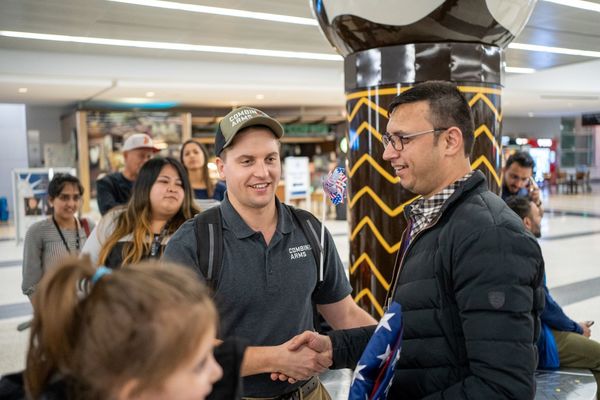
Veteran Intake Team
Combined Arms | Texas
